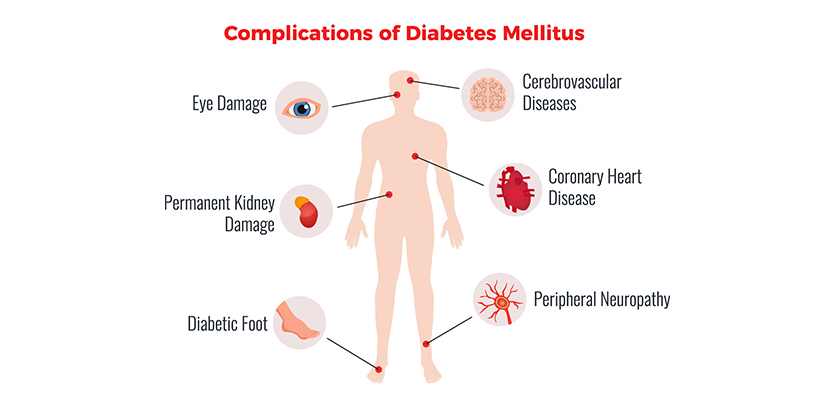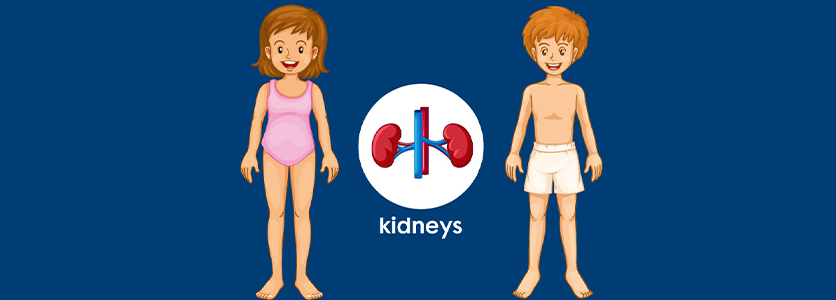In conjunction with World Kidney Day on March 12, this month we will be exploring the topic of kidney health. To explain more about the kidney disease situation in Malaysia, we speak to Columbia Asia Hospital – Klang Consultant Internal Medicine Physician & Nephrologist, Dr. T Kalaiselvam A/L Thevandran.
People talk about heart health, eye health, bone health but rarely speak of kidney health. In your opinion, what is the best way to increase more awareness about kidney health among the public?
“In my opinion, we should exercise specific measures to raise awareness of kidney health. These measures should highlight the Chronic Kidney Disease (CKD) burden and encourage the general public, more so the government, to invest in taking action for better prevention and early detection.
“Currently, one in three people in our world population, which is an estimated 850 million people, is at an increased risk of CKD. In fact, although an estimated figure, 10 per cent of people worldwide have CKD. Estimates suggest nine out of 10 are unaware of their condition.”
What is the number one kidney disease that Malaysians should be concerned about, and why?
“That would definitely be Diabetes Mellitus. In Malaysia, our local data in 2016 reveals that diabetes mellitus is the most common primary renal disease amounting up to 65 per cent of End-Stage Renal Disease (ESRD) cases.”

As Malaysians, how do our lifestyle and culture affect our kidney health?
“Let’s look at the numbers. Data from the National Health and Morbidity Survey (NHMS, 2011) shows a four-time increase in Diabetes Mellitus cases from 8.3 to 31.2 per cent since 1996. Meanwhile, according to the Malaysian Society of Nephrology, its 2017 registry showed that the number of dialysis patients had doubled. Subsequently, the rate of renal transplantation decreased per 1000 dialysis patients from 2007 till 2016.
“This data implies that our lifestyle and culture affect kidney health. Healthy lifestyles comprising a healthy diet and exercises, as well as avoiding nephrotoxins such as traditional or dietary supplements and painkillers, is crucial to prevent kidney diseases. With Malaysia’s Ministry of Finance imposing sugar tax as of July last year, this will eventually lead to Malaysians consuming less sugar. However, more needs to be done to increase awareness of kidney health and promote kidney transplants in our country.”

Does gender, race, age or pregnancy have anything to do with the prevalence of certain types of kidney diseases? How so?
“Yes. Gender, race, age and pregnancy are related to kidney diseases. Regarding gender, women are more likely to develop CKD compared to men. According to a study by the Institute of Health Metrics and Evaluation, the average prevalence of CKD in women is 14 per cent as opposed to 12 per cent in men. This is likely due to women’s longer life expectancy.
“In contrast, males are more likely to develop ESRD compared to women. The Malaysian Society of Nephrology Renal Registry 2015 reports 56 per cent of males against 44 per cent of females, were new dialysis patients. The fact is, kidney function declines faster in men than women, possibly owing to the unhealthier lifestyles of men and the damaging effects of testosterone. Women’s estrogens have a protective effect on the kidneys.
“Relating to race, generally, colored skin including Asians, are at an increased risk of getting kidney diseases. African Americans are three times more likely to get CKD while Hispanics are 1.5 times more likely to have kidney failure compared to Caucasian Americans. Researchers do not fully understand why minorities are at a higher risk of getting kidney diseases. However, minorities have a much higher rate of high blood pressure, diabetes, obesity and heart diseases, all of which increase the risk of kidney diseases. Minimal access to healthcare may also play a role.
“Sadly, kidney diseases can develop at any time and any age, but those over the age of 60 are more likely to develop kidney diseases. As people age, so do their kidneys. Many people don’t realize that as we age, we lose kidney function. According to recent estimates from researchers at Johns Hopkins University, more than 50 percent of seniors over the age of 75 are believed to have a kidney disease. Kidney diseases have also been found to be more prevalent in those over the age of 60 when compared to the rest of the general population.
“Moving on, it would not be wrong to say that a woman with kidney disease face a significant dilemma in her pregnancy that affects her kidney health. Pregnancy can occur at all CKD stages and in kidney transplant recipients too. Pregnant women with CKD are at a higher risk of complications such as preeclampsia, restricted growth of the fetus, early delivery and the worsening of the CKD. If you are worried about this, do consult a nephrologist during pre-pregnancy as it is vital to assess the timing of pregnancy and check-ups regarding clinical matters, investigations and medications. Equally important is the continuous multidisciplinary care from both nephrologist and obstetrician. This is important throughout the duration of the pregnancy.”
What are the tell-tale signs of unhealthy kidneys and at which point should we be worried and seek medical help?
“What we all should know is that kidney disease is a silent disease. Did you know that early CKD has no symptoms even? You can lose up to 90 per cent of your kidney functions without even knowing it. So we need to arm ourselves with knowledge about the early warning signs, namely frothy urine, fatigue, difficulty concentrating, trouble sleeping, poor appetite, muscle cramps, swollen feet or ankles, puffiness around the eyes in the morning, dry and scaly skin as well as frequent urination, especially late at night.
“Symptoms that are more severe could signal kidney failure. These would be nausea, vomiting, loss of appetite, changes in urine output, fluid retention, anemia which is a decrease in red blood cells, decreased sex drive, sudden rise in potassium levels or hyperkalemia and inflammation of the pericardium which is the fluid-filled sac that covers the heart. You should consult medical help as early as possible if ever you experience the symptoms above.”
Share:
Was this article helpful?
Share:
Was this article helpful?
Health Packages
Elevate your health with tailored health packages at Columbia Asia Hospital. Take charge of your health journey today.

